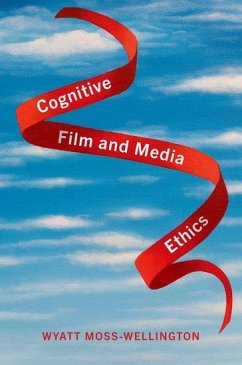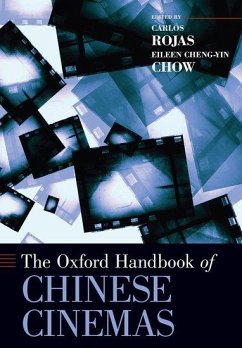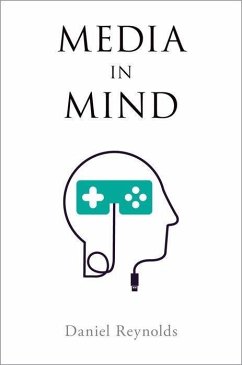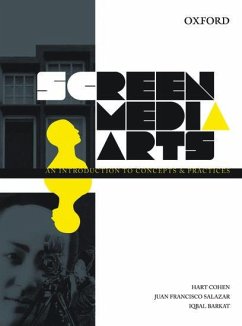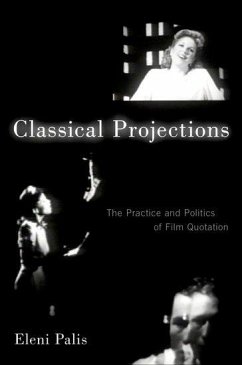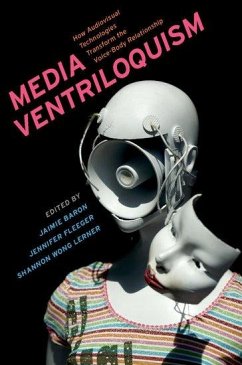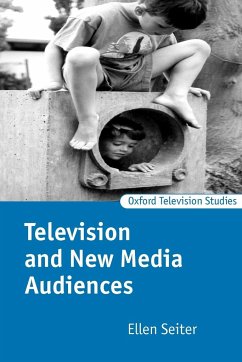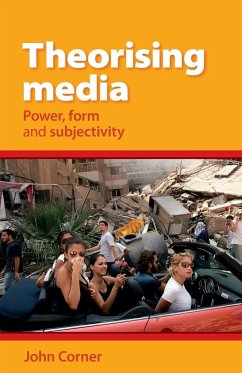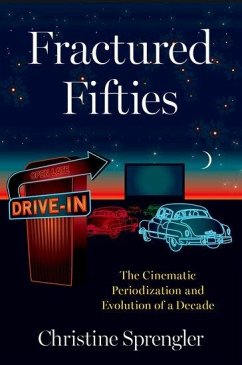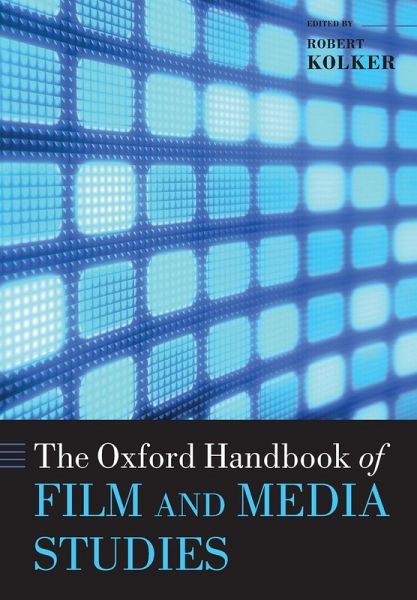
Oxford Handbook of Film and Media Studies
Versandkostenfrei!
Versandfertig in 1-2 Wochen
62,99 €
inkl. MwSt.

PAYBACK Punkte
31 °P sammeln!
Comprised of twenty chapters by leading scholars and industry professionals, The Oxford Handbook of Film and Media Studies yields fresh perspectives on film and media in the U.S., Latin America, Asia, and the Middle East. This wide-ranging compendium surveys such topics as the changing concept of realism in film, the European political documentary, genre theory, and more. Also exploring developments in media studies, this Handbook features chapters that thoroughly examine topics as diverse as copyright, globalization, television programming, video game genres, the ideologies of media, and movi...
Comprised of twenty chapters by leading scholars and industry professionals, The Oxford Handbook of Film and Media Studies yields fresh perspectives on film and media in the U.S., Latin America, Asia, and the Middle East. This wide-ranging compendium surveys such topics as the changing concept of realism in film, the European political documentary, genre theory, and more. Also exploring developments in media studies, this Handbook features chapters that thoroughly examine topics as diverse as copyright, globalization, television programming, video game genres, the ideologies of media, and movie-going in India. Comprehensive and in-depth, The Oxford Handbook of Film and Media Studies combines cutting-edge scholarship on cinema and media in their many forms to present an authoritative assessment of developments in the U.S. and abroad.



